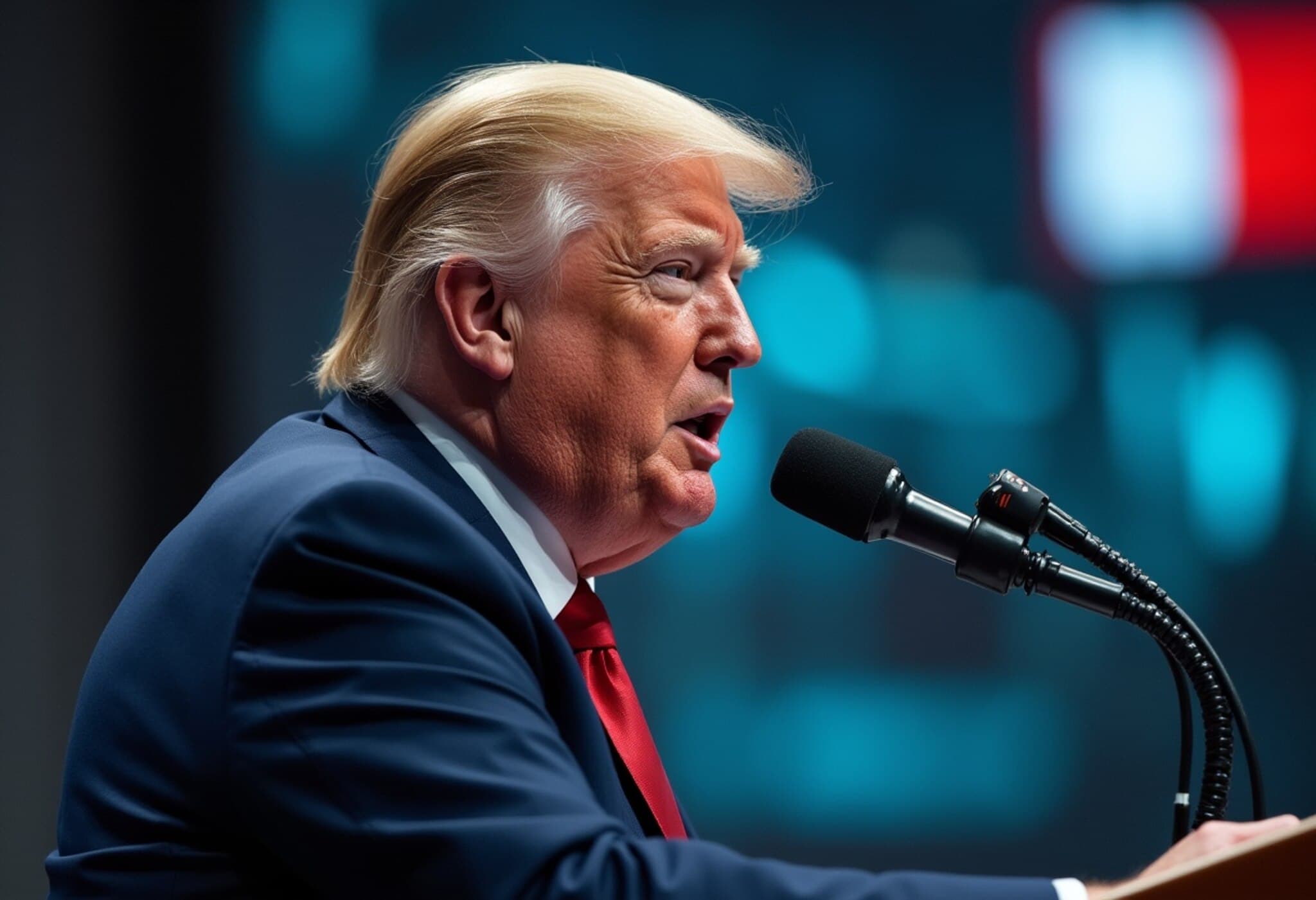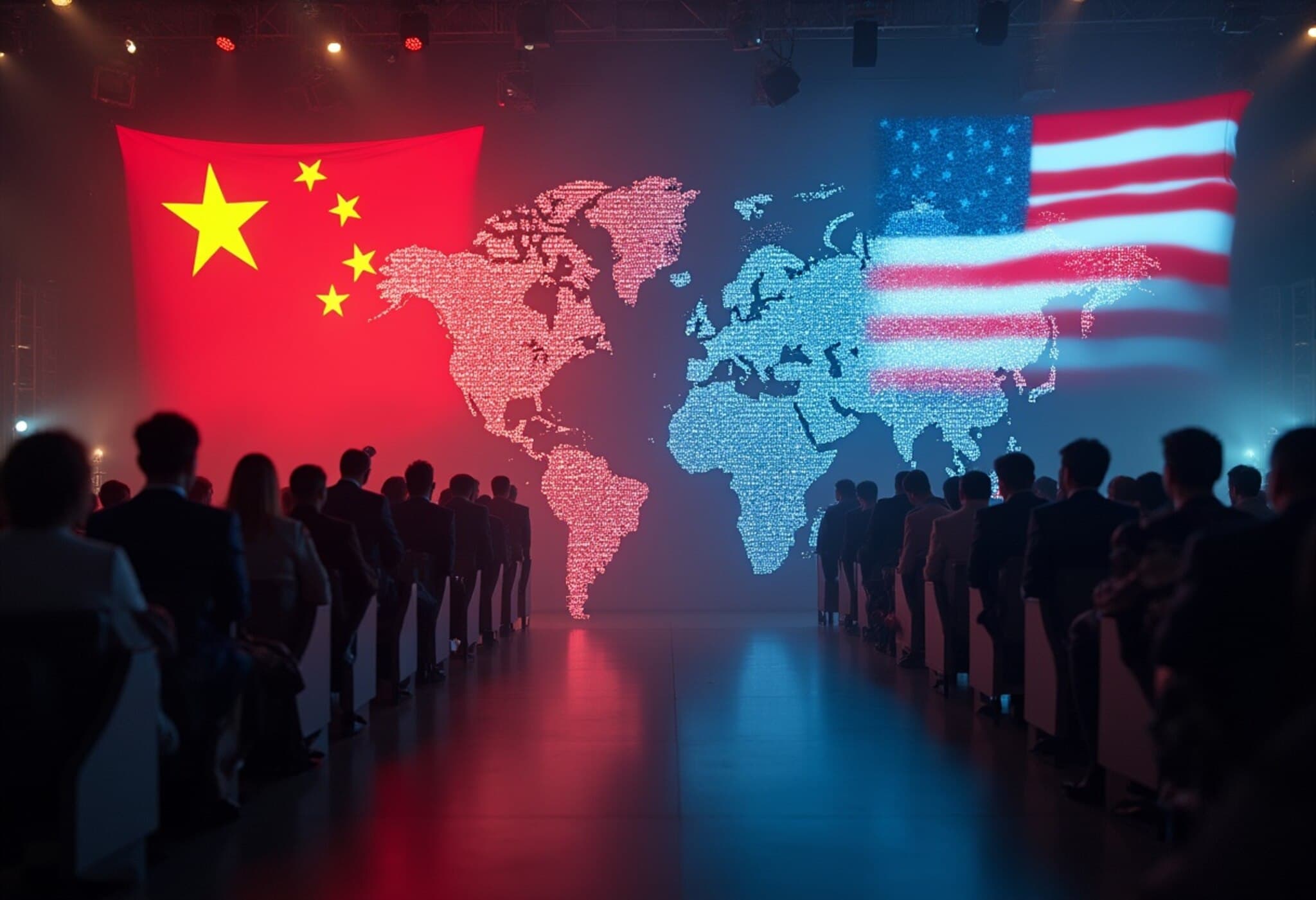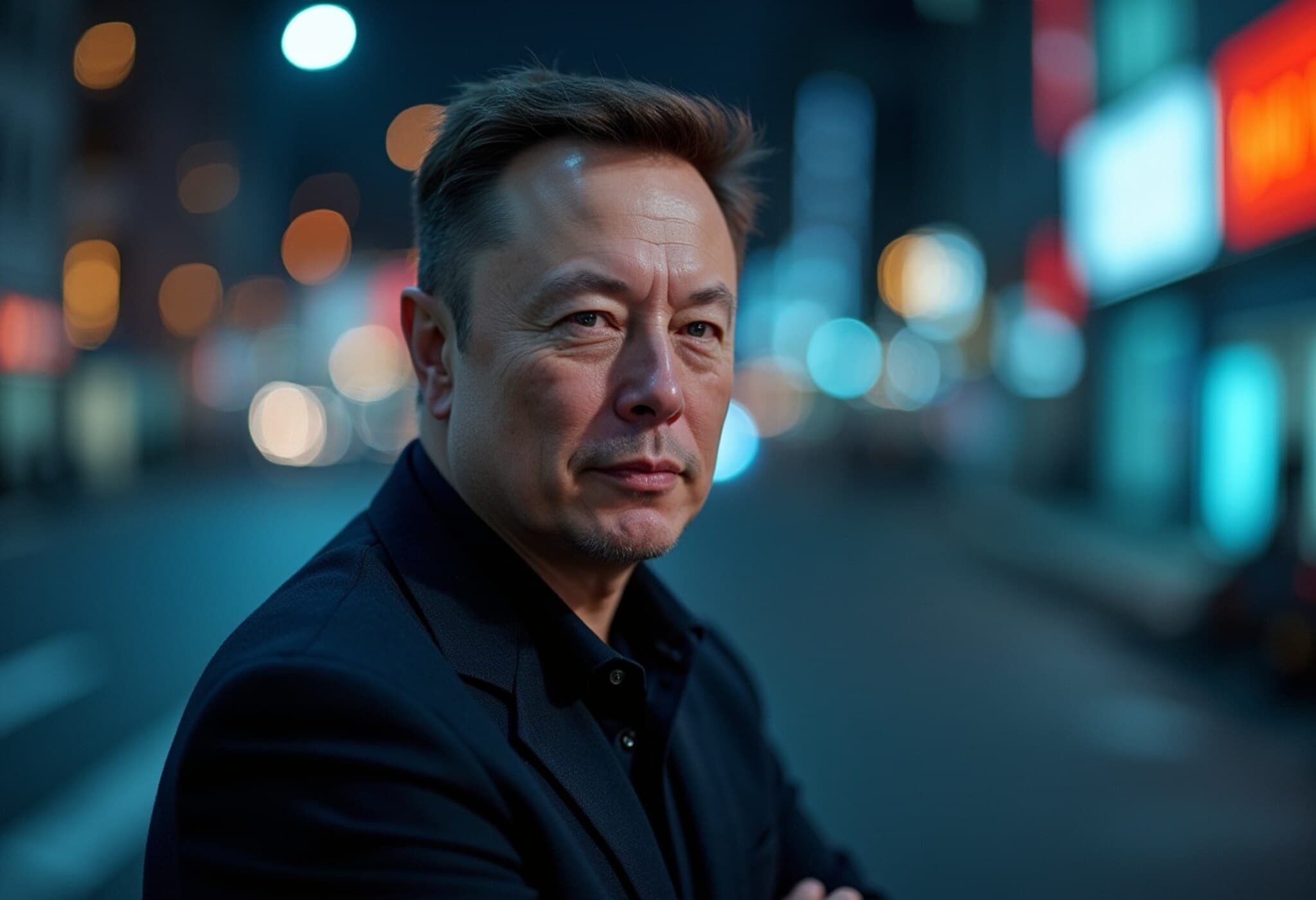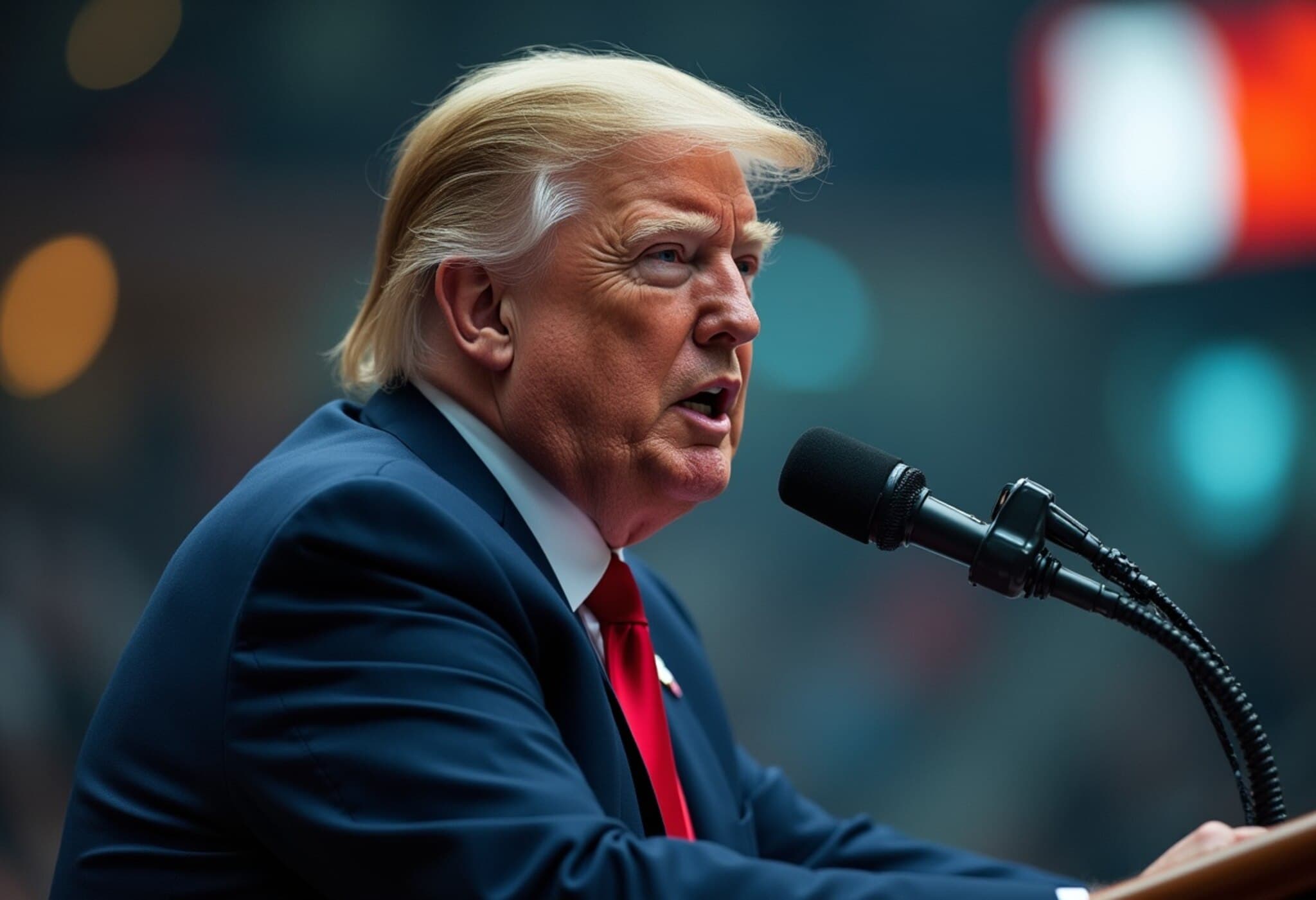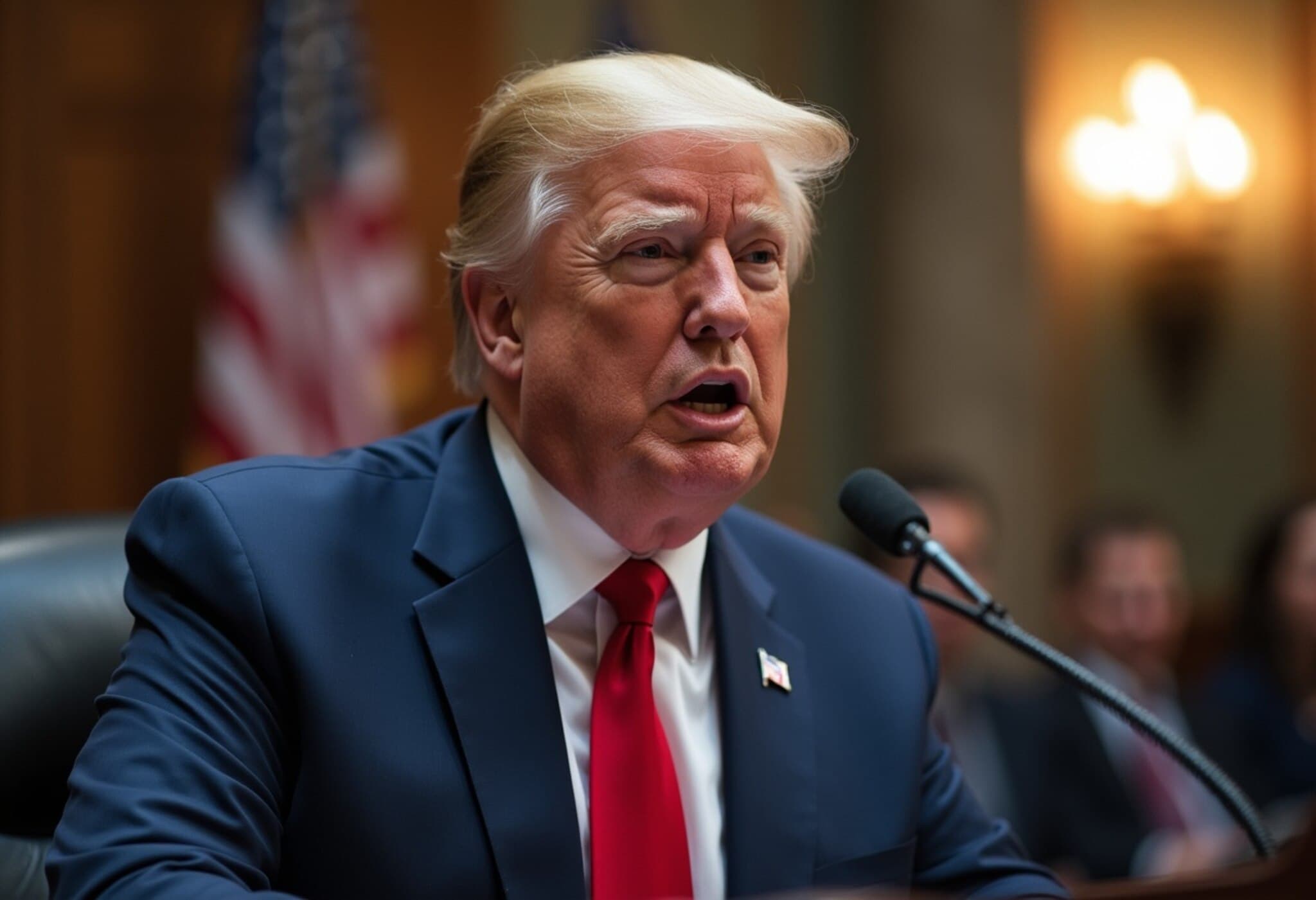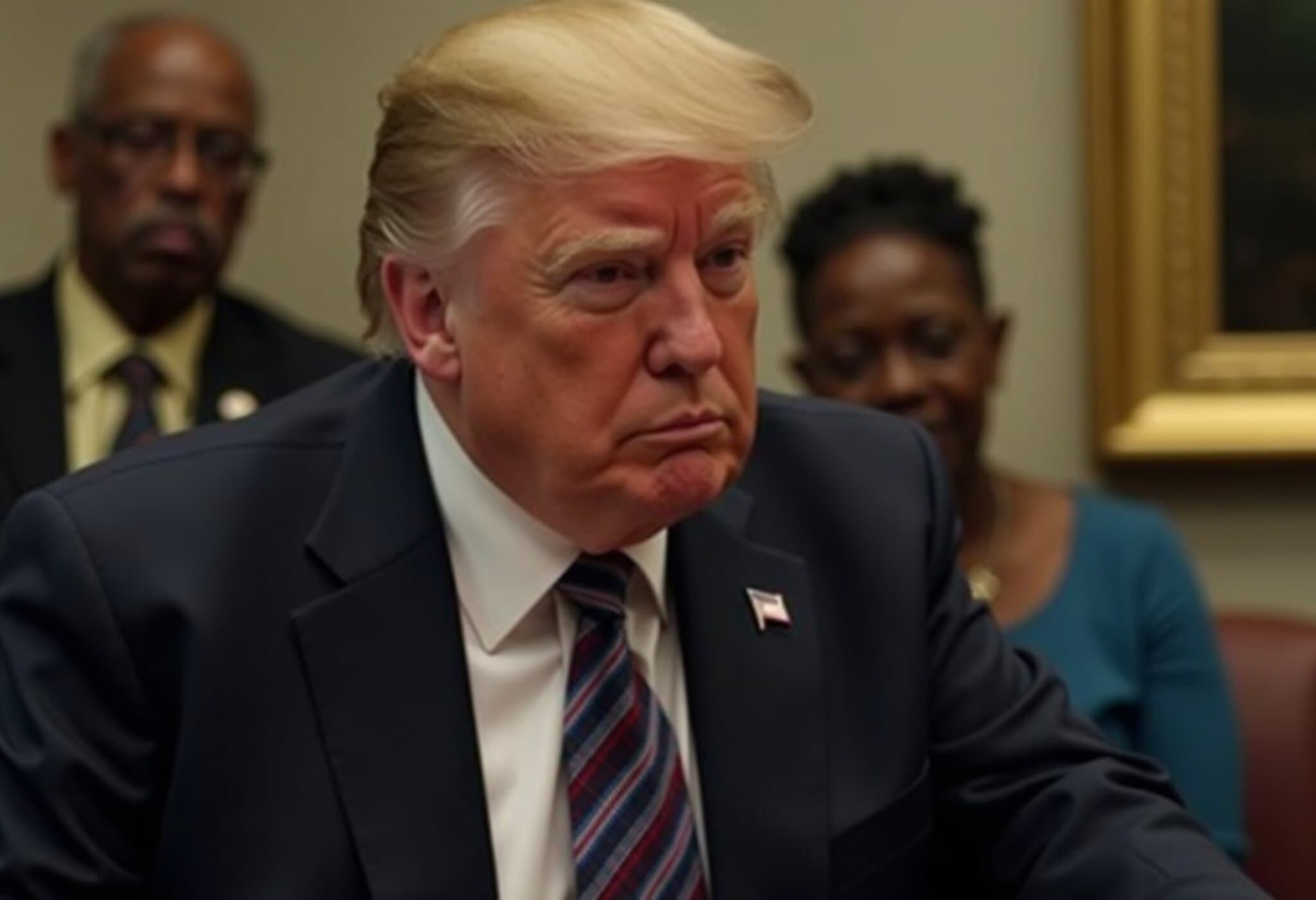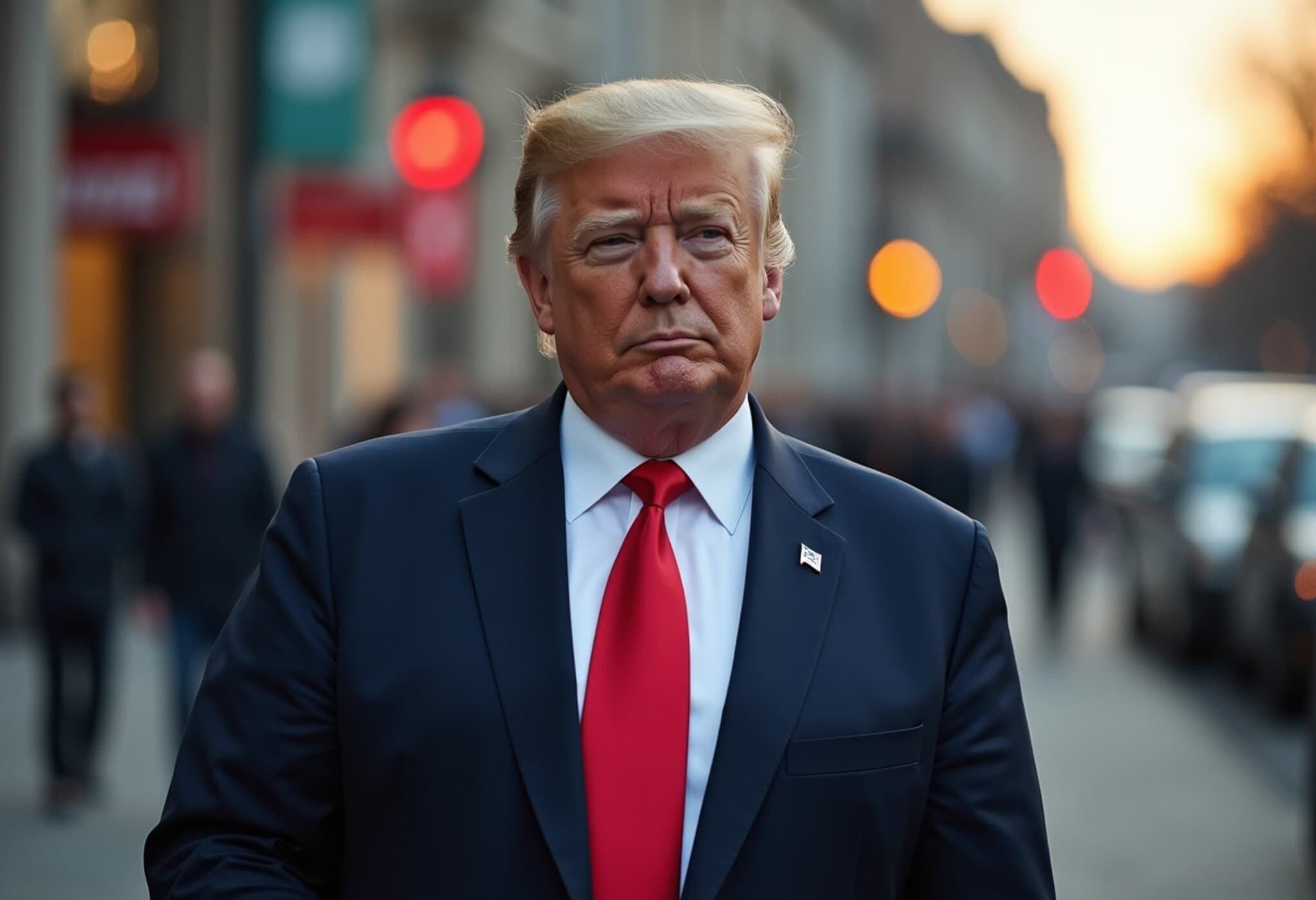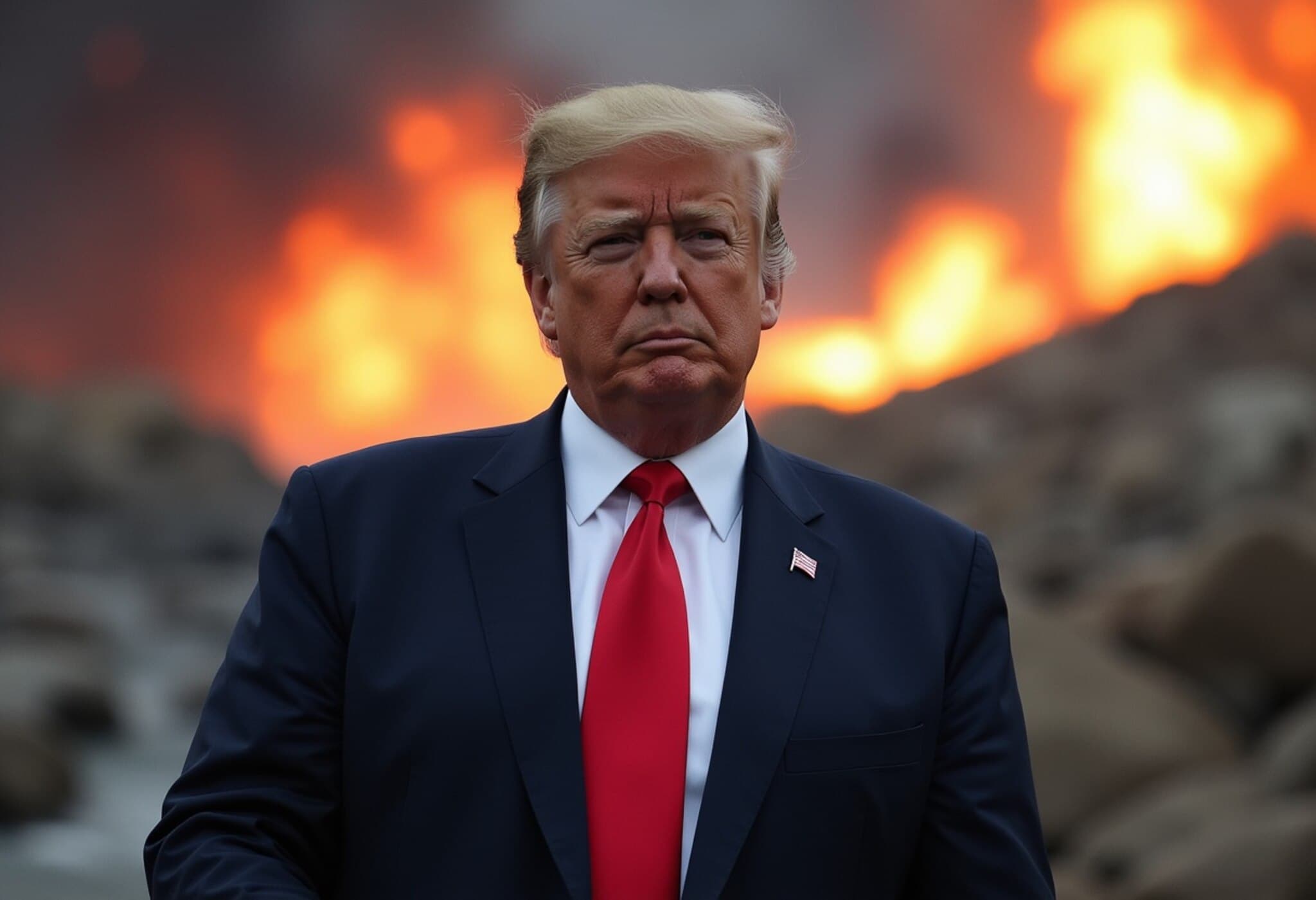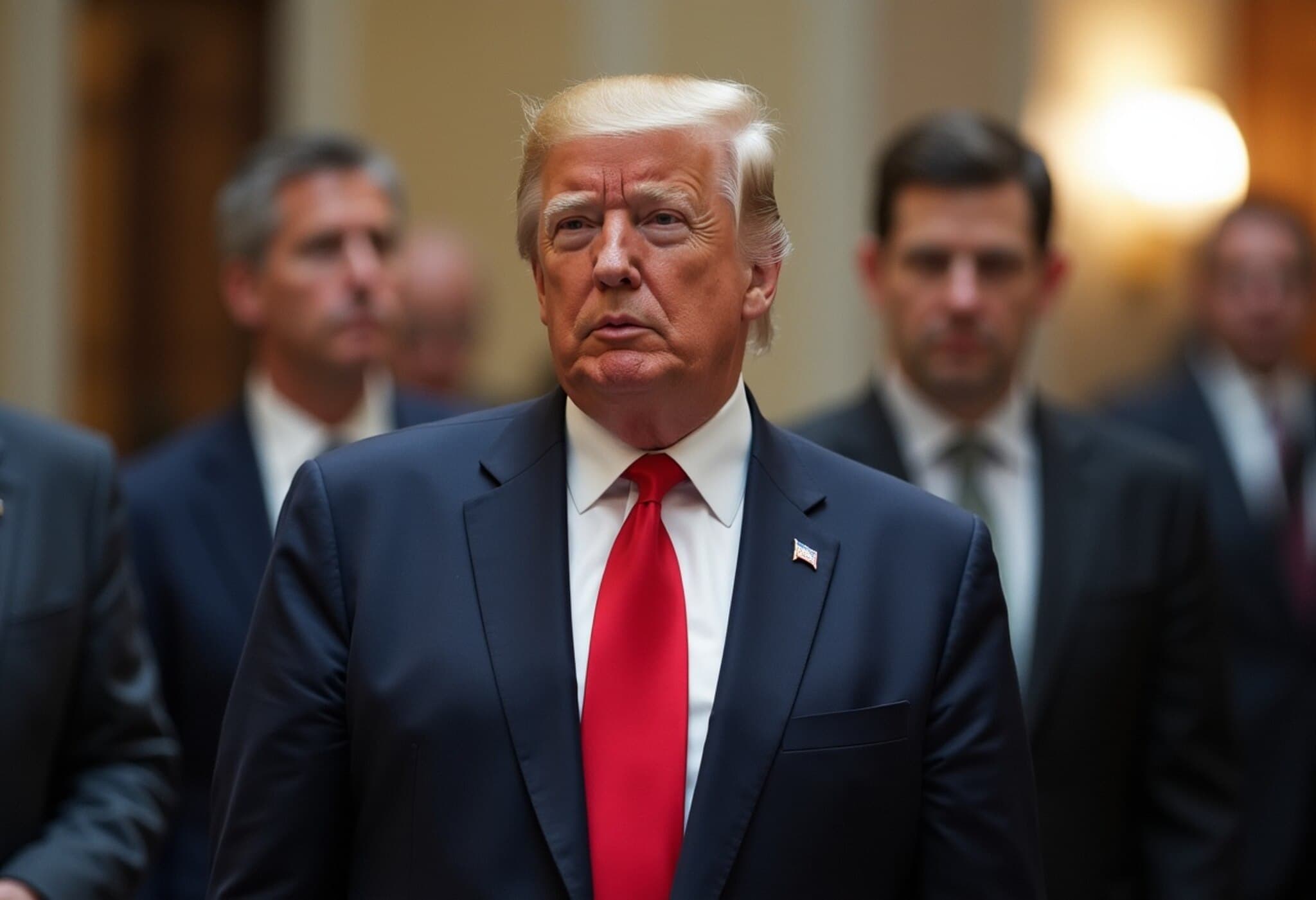Trump Calls for Tech Firms to Repatriate Jobs Amid Intensifying AI Competition
In a decisive move at a recent Artificial Intelligence summit in New York, former US President Donald Trump delivered a sharp rebuke to American technology companies, urging them to prioritize domestic hiring over maintaining or expanding overseas operations—particularly in China and India.
Ending “Radical Globalism”: A Call for National Loyalty in Silicon Valley
Trump framed his message as a necessity for what he described as a revival of patriotism and national loyalty within the US tech industry, which he accused of benefiting from American innovation and freedom while outsourcing jobs and manufacturing abroad. His rhetoric underscored a broader push to reclaim US leadership in the global AI race, declaring, "America started the AI race—and it will win it."
Specifically, Trump criticized the trends of companies building factories in China, hiring tens of thousands of workers in India, and employing aggressive tax strategies such as profit shifting to Ireland. "Under President Trump, those days are over," he declared, signaling a potential shift toward more protectionist and nationalist economic policies in high technology sectors.
Context Behind the Message: The Economic and Strategic Stakes
This stern directive arrives at a time of growing geopolitical tension and technological competition between the US and China, with AI seen as a critical frontier for future economic and military power. Trump's remarks came on the heels of his recent entreaties to giants like Apple and Tesla to reconsider manufacturing expansions in India, reflecting heightened scrutiny of US trade relationships.
Trump’s administration simultaneously announced three executive orders aimed at significantly increasing federal AI investment, signaling a sweeping strategy to boost American innovation capacity from within. His urgency parallels discussions of a new "Sputnik moment"—a historical reference to the US-Soviet space race—highlighting fears of losing technological primacy.
Industry Response and the Complex Reality of Global Tech Supply Chains
Despite the political stance, many tech leaders have met this nationalist push with skepticism. Silicon Valley firms like Google, Microsoft, IBM, Amazon, and Dell continue to rely heavily on offshore talent and operational hubs, particularly in India, where approximately two million people work for US-based companies. This workforce serves as a critical reservoir of skills amid talent shortages in the US. The American Chamber of Commerce in India estimates that over five million people have gained employment indirectly or directly via US firms in India, underscoring the deep integration of global talent networks.
Notably, several major US tech firms are led by CEOs of Indian origin, emphasizing close cross-border ties and mutual economic interests that suggest outright decoupling would be complex and potentially costly. Industry experts warn that the intertwined nature of supply chains and talent rosters makes a wholesale retreat from global engagement impractical.
Beyond Nationalism: Questions That Remain Unanswered
- How will US companies balance domestic job creation demands with the competitive imperatives of a global tech economy?
- What concrete policies will be enacted to ensure the US AI sector stays at the forefront without stifling international collaboration?
- Are there implications for US-India relations, given Trump's simultaneous trade criticisms and the important role India plays in the tech ecosystem?
- How might these nationalist policies affect innovation cycles and the long-term global competitiveness of American tech firms?
Expert Insight: Navigating National Interest and Global Realities
As an experienced policy analyst might observe, Trump's vision taps into persistent anxieties about economic sovereignty and technological dominance. However, strategy grounded in outright isolation risks undermining the very innovation culture the US has thrived on. Successful leadership in AI demands a delicate balance: safeguarding national interests while embracing global interconnectedness.
Economic history shows that overly protectionist measures often lead to inefficiencies and reduced competitiveness. Yet, leaving the status quo unchecked could lead to strategic vulnerabilities, especially amid escalating US-China tensions. The debate reflects a broader re-evaluation of globalization amid shifting geopolitical contours.
Conclusion: The Road Ahead for US Tech and AI Leadership
Trump’s call to prioritize domestic hiring and manufacturing reverberates beyond campaign rhetoric — it forces policymakers, industry leaders, and workers alike to reconsider how the US can sustain global tech leadership. While his hardline approach may clash with entrenched industry models, it spotlights vital questions about economic sovereignty and the future of AI innovation.
American tech companies stand at a crossroads, balancing patriotism with pragmatism in a rapidly evolving landscape shaped by geopolitical rivalry, technological breakthroughs, and global talent dynamics.
Editor’s Note: As the global AI race intensifies, the US faces critical choices. Will pushing for domestically centered tech employment spur innovation, or could it inadvertently stifle the global collaboration that drives progress? This evolving conversation invites all stakeholders — from policymakers to industry leaders and citizens — to reflect on the future of technology, jobs, and national identity in a deeply interconnected world.

